Guards to Guardians
This program was created to honor the people who put their lives on the line in order to provide safety.
Where those we ask to be super-human... can simply be human.
Correctional Officers put walls between themselves and the danger. While helpful to the work, anyone in these conditions can end up locked out of emotions, positive or negative, intimacy and natural tenderness. We provide the tools to unlock the humanity required to live better. Why?
Officer's Stories
We’ve had the opportunity to interview tens of officers to share their story of their humanity underneath the uniform. Revealing stories of not only how they have helped keep society safe but also how they have helped restore dignity to those who have committed crimes. Here are their stories:
Are you a former or current Correctional Officer?
We want to hear from you. Send us your story.
I will never fully understand why we had to view them as a number instead of a person.
— Chris Bowser, retired Internment Resettlement Specialist
Preview the Corrections Officer Booklet: Guards to Guardians
Click here to download a preview.
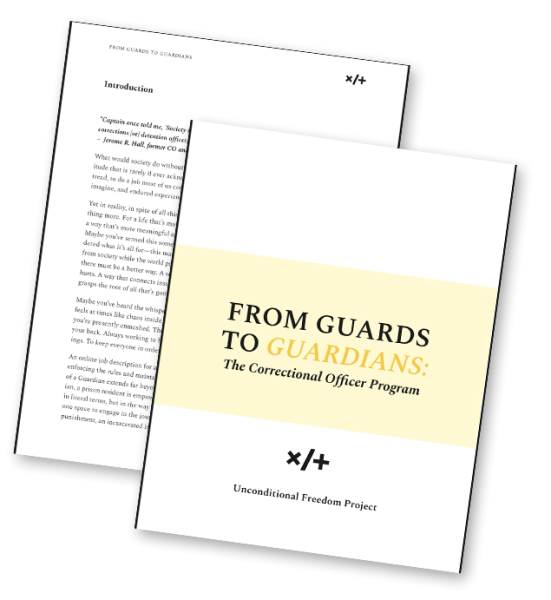
The True Cost of Being a Correctional Officer
59
Depression is a way of life for law enforcement personnel
Correctional officers generally do not think they are making a positive difference.
3x
Prisons are violent workplace
1 in 3
Ten percent of correctional officers have thought about killing themselves.
There are serious downstream effects of corrections work
The Why
It may seem that only the people who are incarcerated are in prison, or that the people who are “caught” face difficulties, but what about those people who are so honorable, they willingly go into institutions and put their lives on the line in order to provide safety?
This program recognizes that, in reality, the prison system is made up of relationships. It is understanding that, in a prison, it is not only the prison residents, but the Correctional Officers who experience the realities of incarceration. This program was created to build a systemic freedom and to do this by honoring the noble heart of the Correctional Officer.
We want to do this by being honest, and by admitting that as a culture, we have abandoned the Correctional Officer as well as the prison resident. While they must be strong and stoic on their job, it is our work to help lift their burden. Who ensures the safety of the Correctional Officer, while they are ensuring that we feel safe? Who will pay attention to the burden and the stress that they carry in the name of duty — a duty that goes well beyond what humans are meant to hold alone? This program is our “thank you” to the Correctional Officer. And our apology for what we left them to hold.
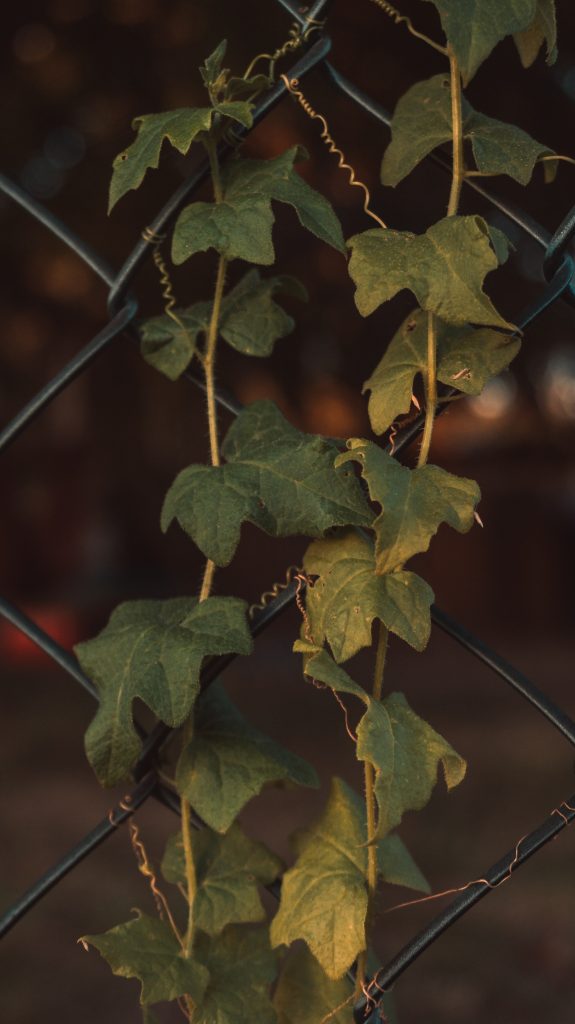
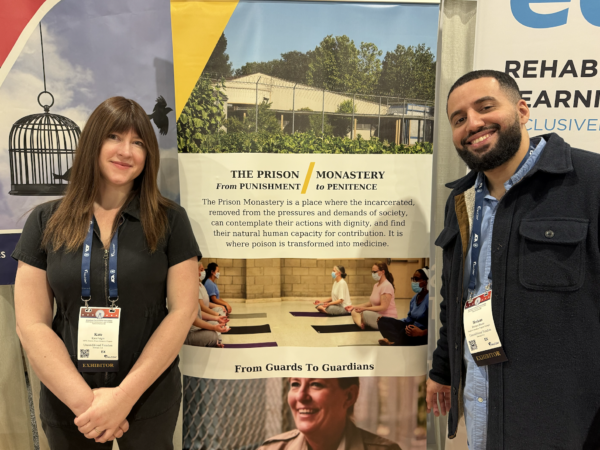
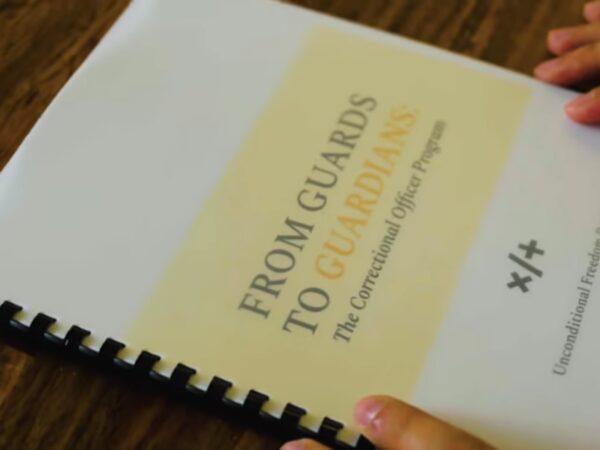
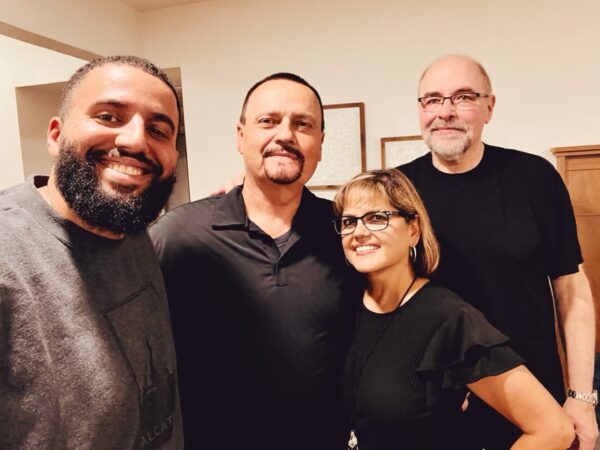
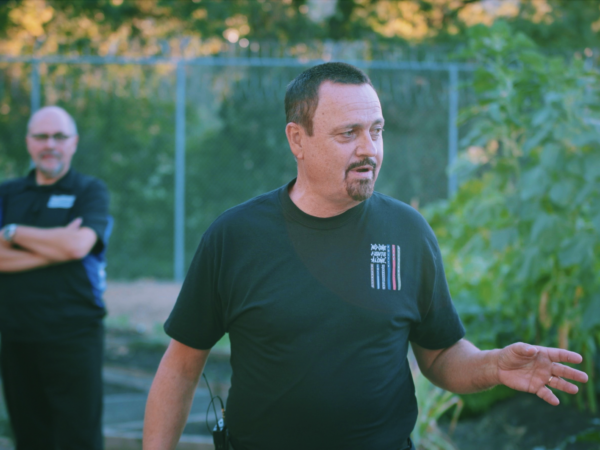

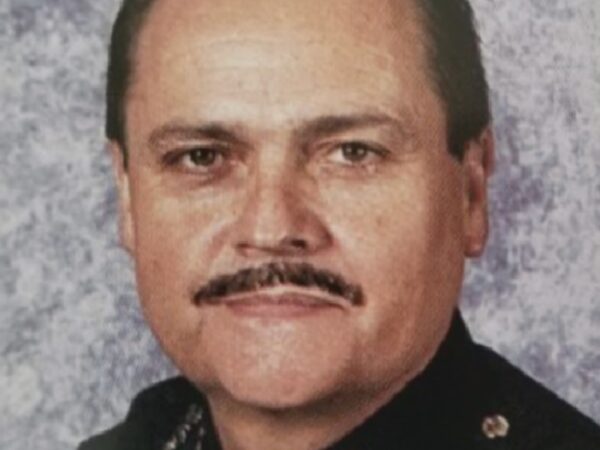

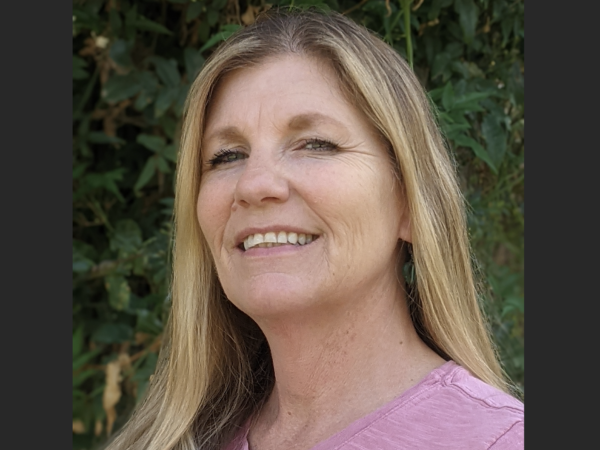
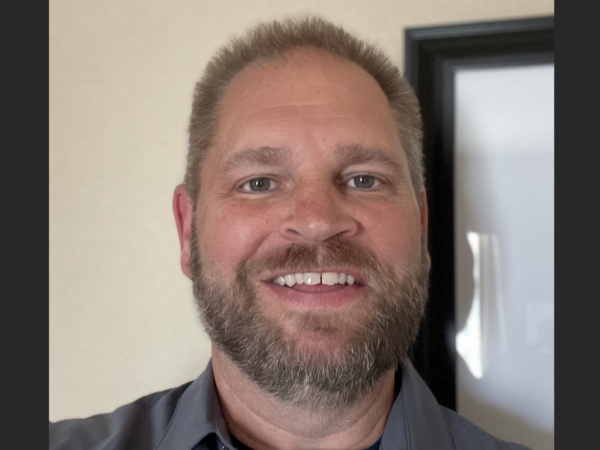

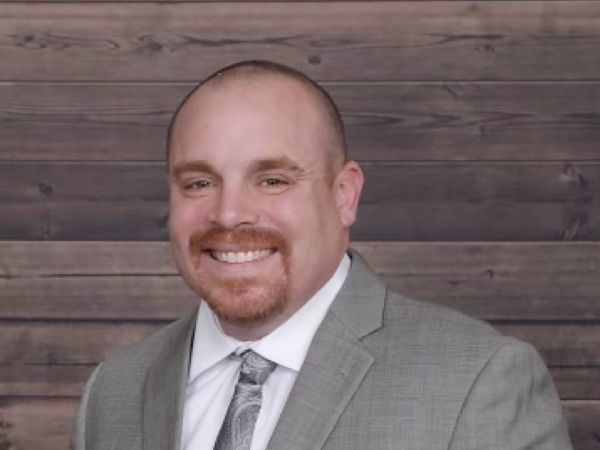
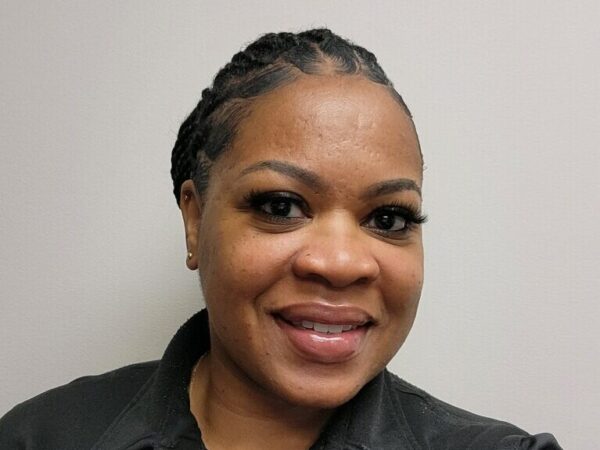
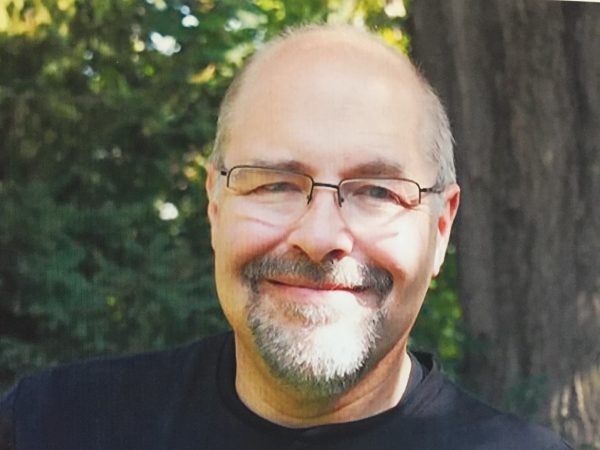
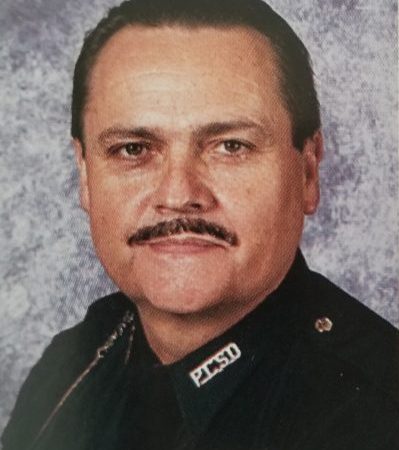
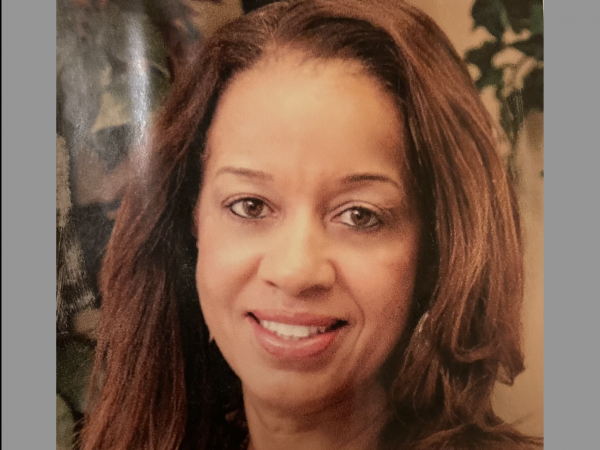
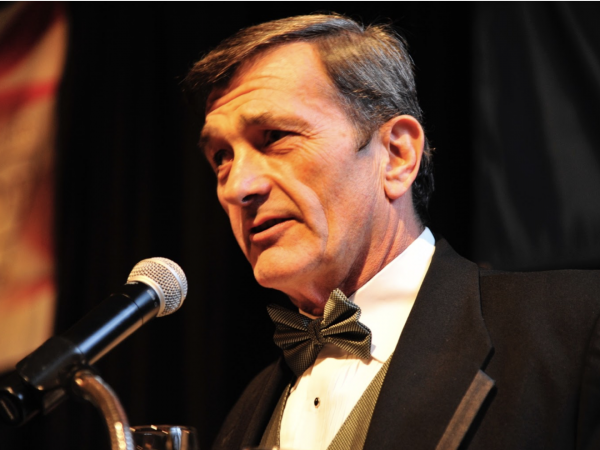
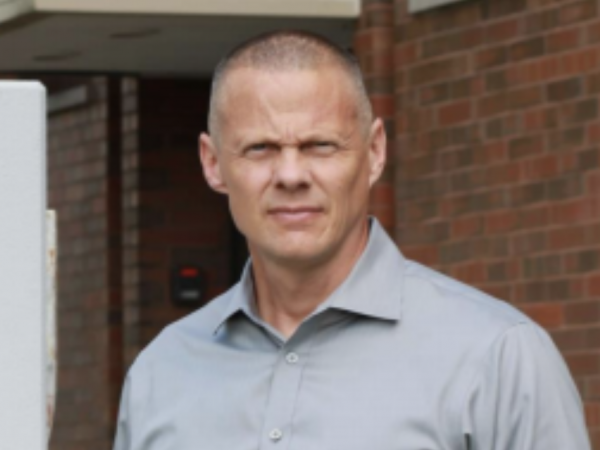
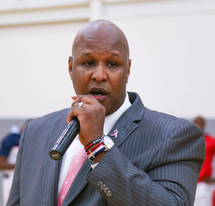
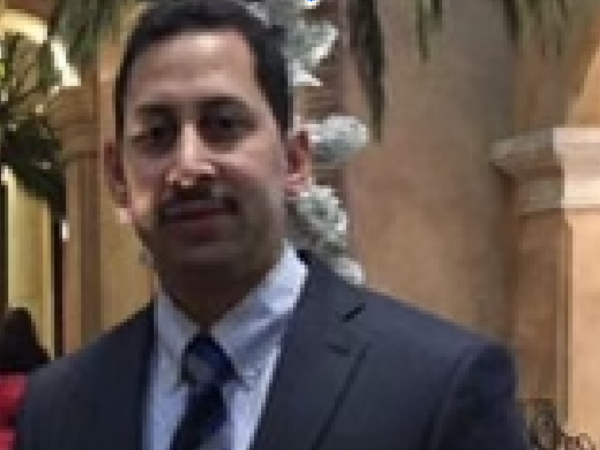
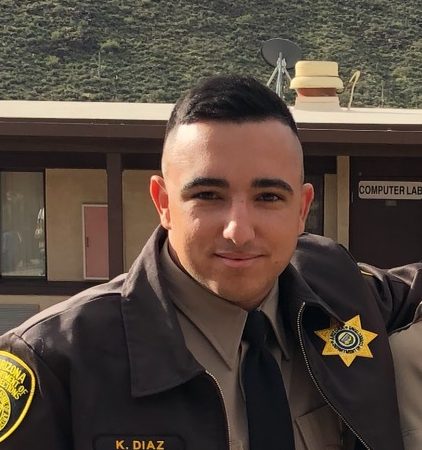
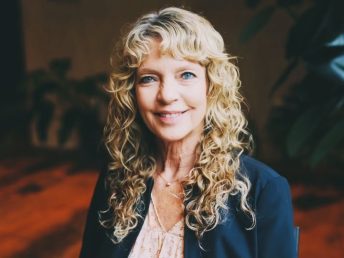

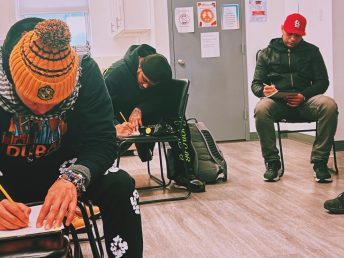

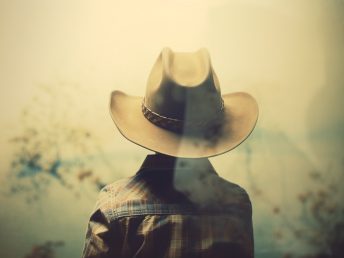
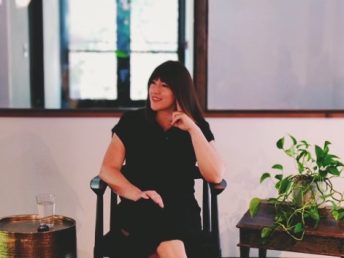
 Get access to the monthly Rehumanization Magazine featuring contributors from the front lines of this effort—those living on Death Row, residents of the largest women’s prison in the world, renowned ecologists, the food insecure, and veteran correctional officers alike.
Get access to the monthly Rehumanization Magazine featuring contributors from the front lines of this effort—those living on Death Row, residents of the largest women’s prison in the world, renowned ecologists, the food insecure, and veteran correctional officers alike.